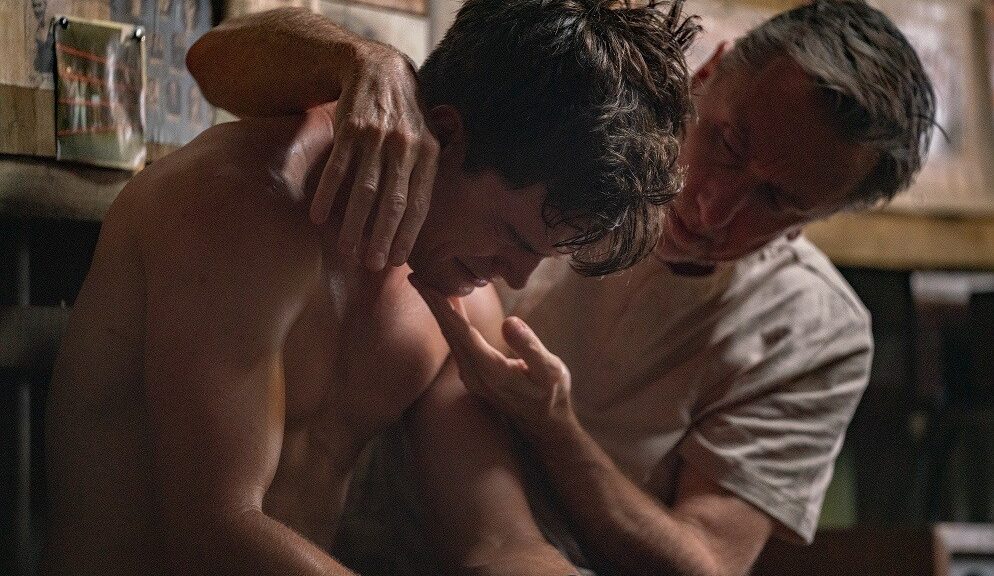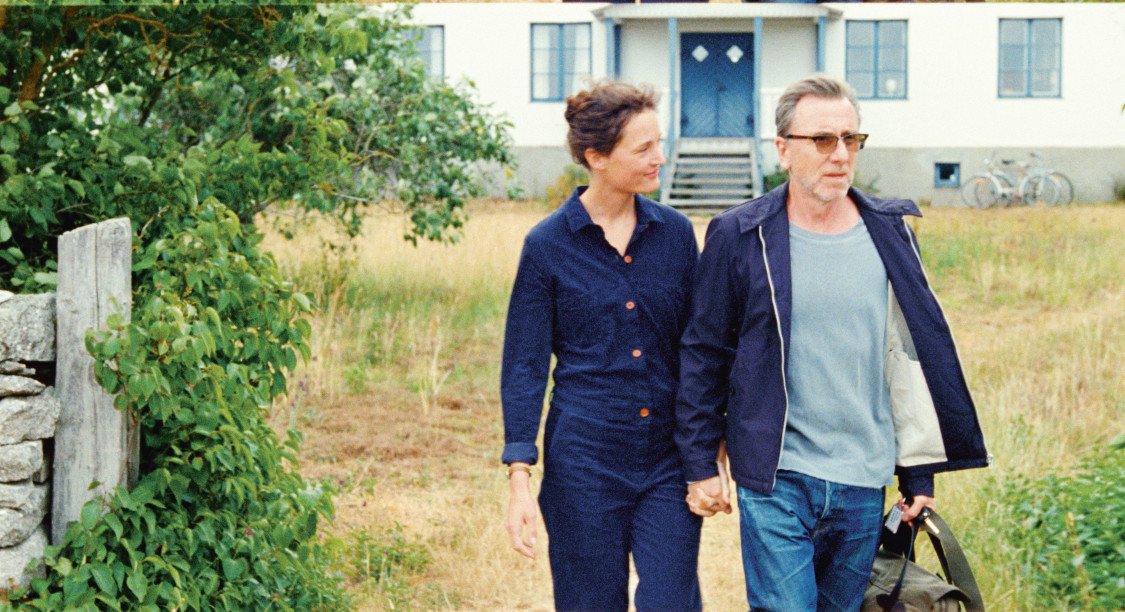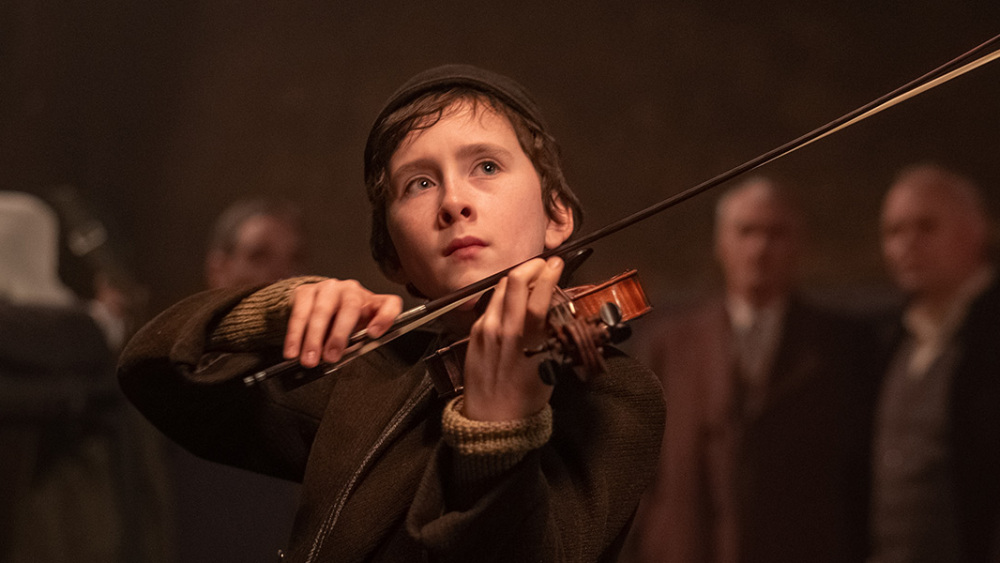Tornado
by George Wolf
Less than ten minutes into Tornado, you’ll be wondering about the cinematographer behind the expansive beauty on the screen. That would be the Oscar-nominated Robbie Ryan (The Favourite, Poor Things), who elevates writer/director John Maclean’s Samurai survival thriller with consistently sumptuous framing of Scotland’s savage beauty.
In the late 1790’s, young Tornado (Kôki) is on the run from a ruthless crime gang led by Sugarman (Tim Roth) and his son Little Sugar (Jack Lowden). Tornado performs enchanting puppet shows with her father Fujin (Takehiro Hira), but when their traveling show crosses paths with Sugarman and his boys, some impulsive choices lead to deadly consequences.
A full decade after Maclean’s impressive debut Slow West (also shot by Ryan), he returns to a similar story structure. A young adult must again navigate harsh countryside and the threat of violence, while keeping their wits about them and their focus on a committed goal.
But this time, the young Tornado has a bit more going for her when events turn ugly. Fujin is a Samurai, and though he has been teaching his daughter the importance of patience and peace, Tornado is more than handy with a sword.
She also prefers to speak English and often scoffs at her father’s attempts to impart wisdom, character traits Maclean uses to place her between cultures. Tornado seems more vulnerable as Sugarman closes in, and the need to accept her destiny becomes increasingly clear.
Anyone who saw Slow West won’t be surprised by the Western themes here, but the influence of martial arts classics starts simmering early in Tornado before Maclean puts Samurai lore at the heart of act three. The transition isn’t completely seamless and does seem a bit overdue by the time it arrives, but terrific performances by both Kôki and Roth create a compelling dynamic on the way to a showdown.
The offbeat humor of Slow West is missed, and though the support cast is strong (especially Joanne Whalley and Jack Morris), no side character makes a mark as unforgettable as Ben Mendelsohn’s Payne from a decade ago.
Instead, it’s Ryan who isn’t afraid to steal the show. Tornado is a simply gorgeous movie, a compelling Samurai Western hybrid that’s painted on a canvas deserving of the big screen.









